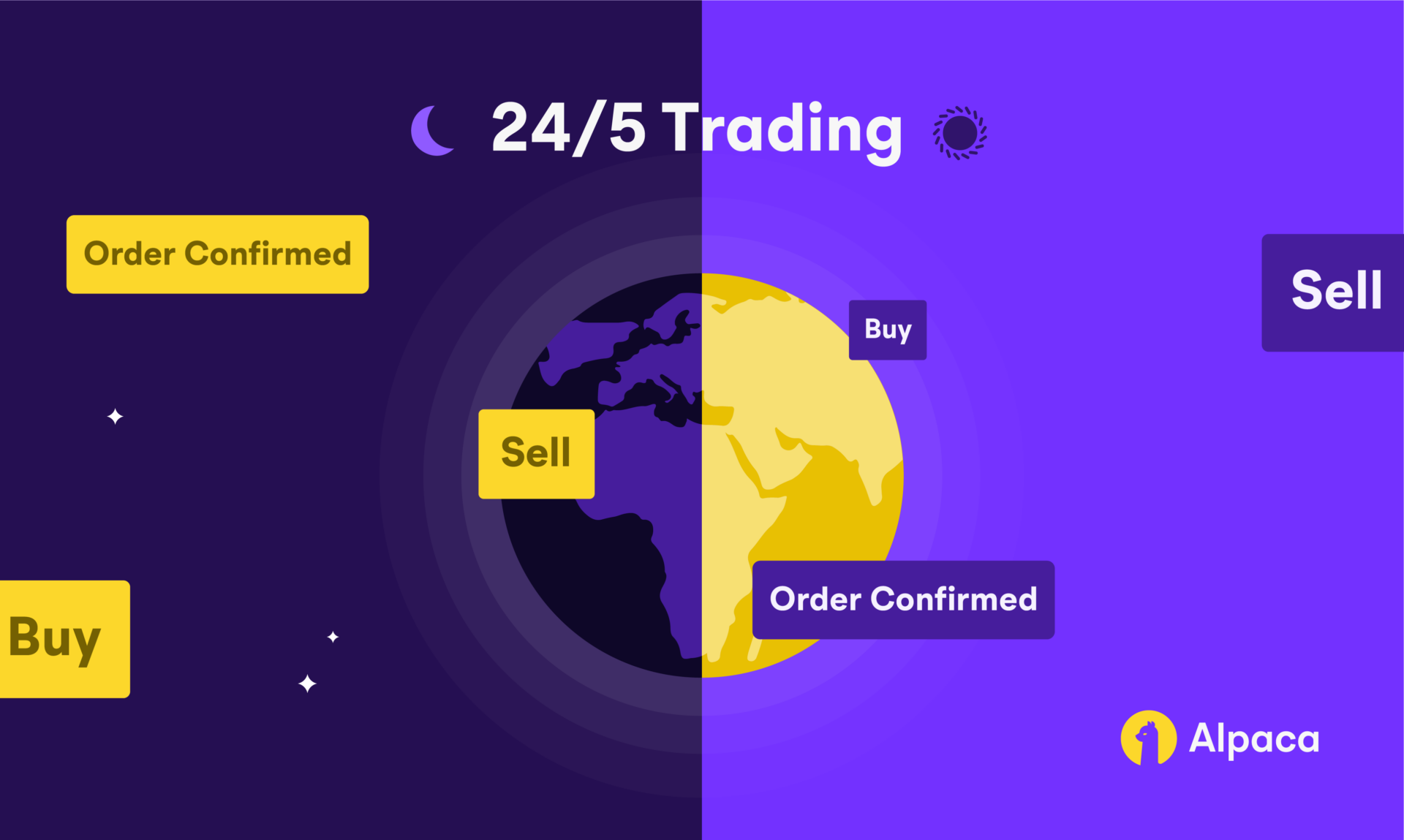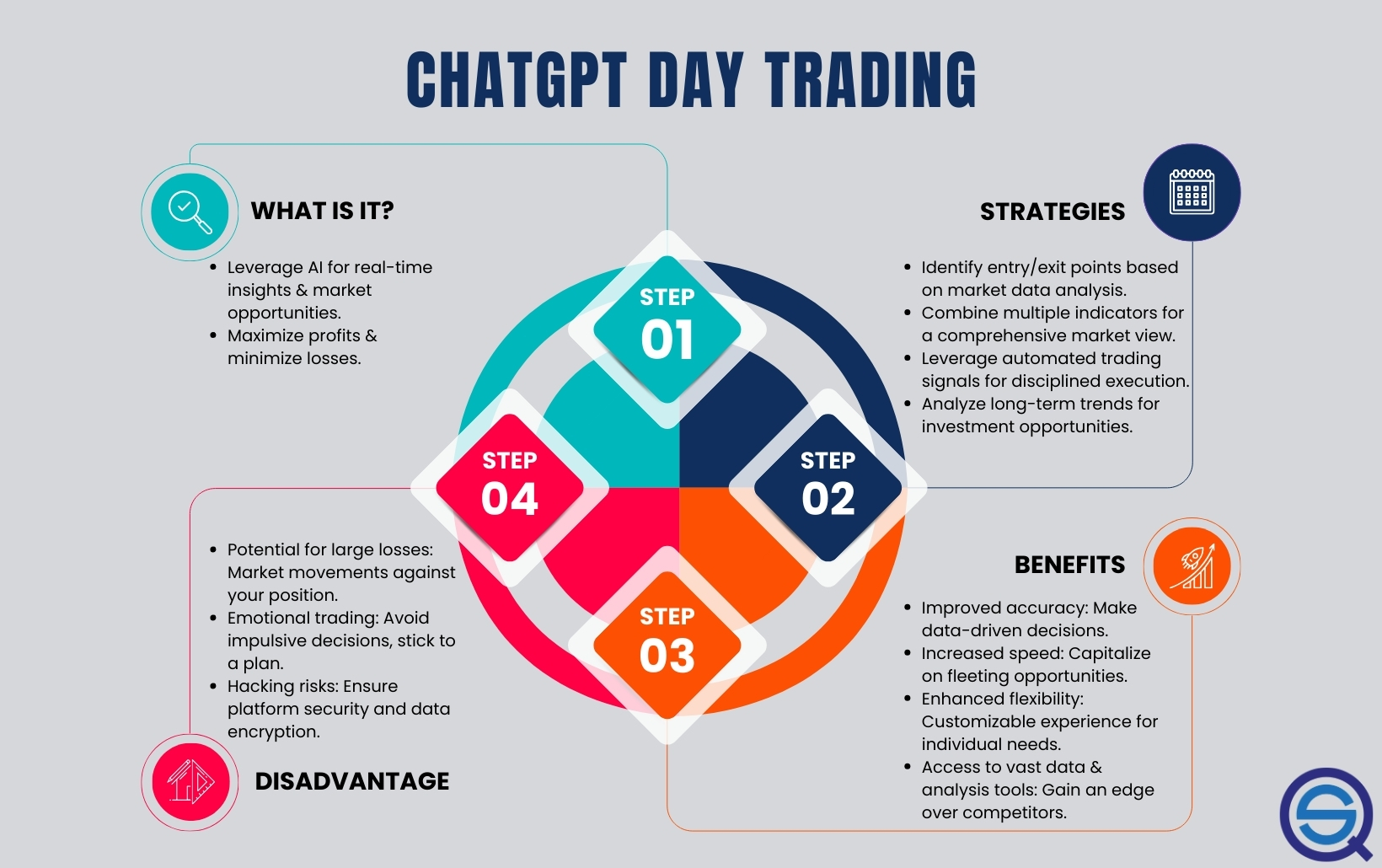Did you know that even robots need a good broker to make money? In the world of automated day trading, the choice of broker can significantly impact your trading success. This article provides a comprehensive guide on selecting the best brokers for automated trading systems, covering essential factors such as algorithmic trading support, execution speed, and security measures. You’ll learn how to evaluate brokers based on fees, backtesting tools, and customer support while also exploring the risks involved. With insights from DayTradingBusiness, you’ll be equipped to navigate the landscape of automated trading and find the perfect fit for your trading strategies.
What are the best brokers for automated day trading?
Interactive Brokers and TD Ameritrade are top choices for automated day trading due to their robust APIs and fast execution. TradeStation and NinjaTrader also excel with advanced automation tools and reliable platforms. Thinkorswim by TD Ameritrade offers strong scripting capabilities for automated strategies. These brokers provide the best support for automated day trading systems.
How do I choose a broker for automated trading systems?
Choose a broker with low latency, reliable execution, and strong API support for automated trading. Look for platforms that offer robust trading APIs like MetaTrader, NinjaTrader, or FIX protocol. Ensure they have competitive commissions, good spreads, and quick order execution. Check their account types, leverage options, and compatibility with your trading software. Read reviews on stability and customer support, especially for high-frequency or day trading. Test their demo platform to confirm smooth integration with your automated system before committing.
Which brokers support algorithmic trading for day traders?
Interactive Brokers, TD Ameritrade (Thinkorswim), NinjaTrader, TradeStation, and MetaTrader 4/5 support algorithmic trading for day traders.
What features should I look for in a day trading broker?
Look for a broker with low spreads and commissions, fast order execution, reliable platform stability, and strong API support for automated trading systems. Ensure they offer advanced charting tools, real-time market data, and seamless integration with trading algorithms. Check if they provide robust risk management features like stop-loss and take-profit orders. Good customer support and clear fee structures are also key.
Are there brokers with low fees for automated trading?
Yes, brokers like Interactive Brokers, TD Ameritrade, and E*TRADE offer low fees for automated trading. They provide competitive commissions, low or zero account minimums, and robust APIs suitable for algorithmic trading. Always compare their fee structures and platform features before choosing.
How reliable are brokers offering automated trading platforms?
Brokers offering automated trading platforms vary in reliability. Some are well-regulated and provide robust, secure systems, making them trustworthy for day trading. Others may lack transparency or have less secure infrastructures, increasing risk. Always check the broker’s regulation status, user reviews, and platform security before trusting their automated trading systems. Reliable brokers usually offer transparent algorithms, good customer support, and consistent performance.
Do all brokers support custom trading algorithms?
No, not all brokers support custom trading algorithms. Some are designed for manual trading or offer limited API access, while others provide robust platforms for algorithmic trading. Always check a broker's API and automation support before choosing one for your custom trading system.
Which brokers provide API access for automated trading?

Interactive Brokers, TD Ameritrade (via thinkorswim), Alpaca, Tradestation, Binance, Kraken, Coinbase Pro, and eToro all offer API access for automated trading systems.
How do I evaluate broker’s trading execution speed?
Test the broker’s execution speed by placing small, rapid trades and measuring the time it takes for orders to fill. Use trading platforms with built-in execution time tools or third-party speed tests. Compare how quickly your orders are executed during different market conditions. Look for brokers with consistently low latency and minimal slippage in your testing. Check user reviews and forums for real-world feedback on execution speed.
What security measures should a broker have for automated trading?
A broker for automated trading should have strong encryption for data, two-factor authentication, strict API security protocols, real-time monitoring of trading activity, and robust firewalls. They need secure server infrastructure, regular security audits, and transparent compliance with financial regulations. Additionally, they should offer customizable risk management tools and fail-safe mechanisms to prevent system errors from causing large losses.
Can I use popular trading bots with any broker?
No, you can't use popular trading bots with any broker. Compatibility depends on the broker’s API and platform support. Many trading bots only work with brokers that offer API access, like Interactive Brokers or MetaTrader. Check if your broker supports third-party automation before trying to connect a trading bot.
Which brokers offer backtesting tools for automated strategies?
Interactive Brokers, Thinkorswim by TD Ameritrade, NinjaTrader, TradeStation, MetaTrader 4 and 5, and eToro offer backtesting tools for automated trading strategies.
How important are leverage options for automated day trading?

Leverage options are crucial for automated day trading because they amplify your buying power, allowing bigger trades with less capital. They can boost profits on small price movements but also increase risk of significant losses. Choosing brokers with flexible leverage options helps optimize your automated trading strategies, balancing risk and reward. Without proper leverage, automated systems may miss out on profit opportunities or struggle to execute effectively in fast markets.
Learn about How Do Institutional Traders Use Leverage in Day Trading?
Are there brokers with demo accounts for testing automated systems?
Yes, many day trading brokers offer demo accounts to test automated trading systems. Examples include Interactive Brokers, MetaTrader 4/5 brokers like IG and FXCM, and NinjaTrader. These demo accounts simulate real market conditions, allowing you to evaluate your automated strategies risk-free.
What are the risks of using automated trading brokers?
Automated trading brokers can execute trades quickly, but they carry risks like software glitches causing unintended trades, delays in order execution during high volatility, and reliance on algorithms that might not adapt to sudden market shifts. They also pose cybersecurity threats, risking account hacking or data breaches. Additionally, poor algorithm design can lead to significant losses, and some brokers may have hidden fees or limited transparency about their automation systems.
Learn about Legal Risks Associated with Using Automated Trading Systems
Which brokers are best for scalping with automated systems?
Interactive Brokers, TD Ameritrade (Thinkorswim), and NinjaTrader are top choices for scalping with automated systems. They offer low spreads, fast execution, and robust API support. Pepperstone and IC Markets also excel with low latency and high-speed order execution, ideal for automated scalping.
How do broker regulations affect automated trading?
Broker regulations impact automated trading by enforcing compliance rules, such as order handling, transparency, and risk management. They may limit certain algorithmic strategies or impose restrictions on trade frequency to prevent market manipulation. Regulations require brokers to implement safeguards, ensuring automated systems don't cause market instability. Compliance costs can increase, influencing broker offerings and the ease of deploying automated trading systems. Overall, broker regulations shape how automated trading strategies are executed and monitored.
Learn about How Do Regulations Affect Day Trading?
Can I switch brokers easily for automated trading?
Yes, you can switch brokers easily for automated trading, but you'll need to transfer your trading account, set up your automated system with the new broker’s platform, and ensure compatibility. Check if the new broker supports your trading software and offers smooth account transfer options. Be aware of potential downtime or adjustments needed during the switch.
What customer support is available for automated trading users?
Customer support for automated trading users typically includes live chat, email, and phone assistance. Many brokers offer dedicated technical support to troubleshoot trading algorithms, platform issues, and API integrations. Some provide online tutorials, FAQs, and community forums for self-help. Premium or VIP accounts might get faster support or dedicated account managers. Overall, support focuses on ensuring smooth operation of automated trading systems and resolving technical problems quickly.
How do I ensure my automated trading system complies with broker rules?
Check your broker’s specific rules for automated trading systems, including API limits, order types, and restrictions. Review their trading policies and ensure your system adheres to execution speed and order placement guidelines. Regularly update your software to stay compliant with any rule changes. Test your system in demo mode to identify potential violations before live trading. Maintain logs of all trades for audit purposes and ensure your strategies don’t violate any broker-specific restrictions.
Conclusion about Day Trading Brokers for Automated Trading Systems
In conclusion, selecting the right broker for automated day trading is crucial for maximizing your trading potential. Focus on key features such as low fees, robust security, and reliable execution speed. Additionally, ensure that the broker supports custom algorithms and provides vital tools like backtesting and API access. As you navigate the landscape of automated trading, remember that the expertise of DayTradingBusiness can guide you in making informed decisions tailored to your trading needs.